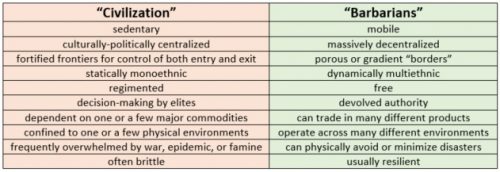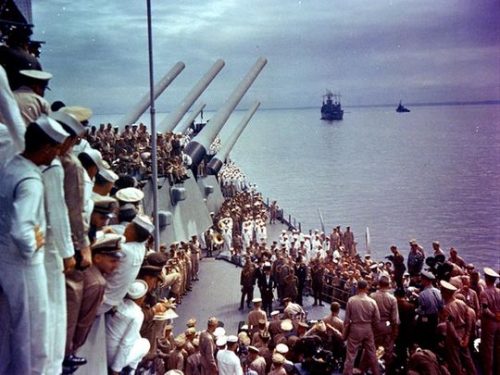There was no single reason for the Sec of State Tillerson Firing…there was a laundry list.
According to various sources, Tillerson was pretty much against implementing President Trump’s foreign policy, trade and immigration agenda for Trump’s 2nd year as President and chaffed Pres. Trump over Russia besides:
1. Tillerson was working with the EU to stop the President from tearing up the Iran deal.
2. Tillerson wanted to remain in the TPP, TAP, & NAFTA.
3. Tillerson was against NK talks.
4. Tillerson was against China Tariffs.
5. Tillerson wanted to remain in the Paris Climate accord.
6. Tillerson did not support making Jerusalem the home of our embassy.
7. Tillerson wanted to keep open borders/high refugee resettlement.
8. Tillerson was talking that Russia affected our election results just before the Nunes Committee put a bullet in the head of the “Muh-Russia Collusion Delusion.”
Working behind Pres. Trump’s back with the EU over maintaining Pres Obama’s Iran nuclear deal — which Pres. Trump wants eliminated and the abandoned sanctions reinstated — was the last straw for Tillerson.
Discuss.

